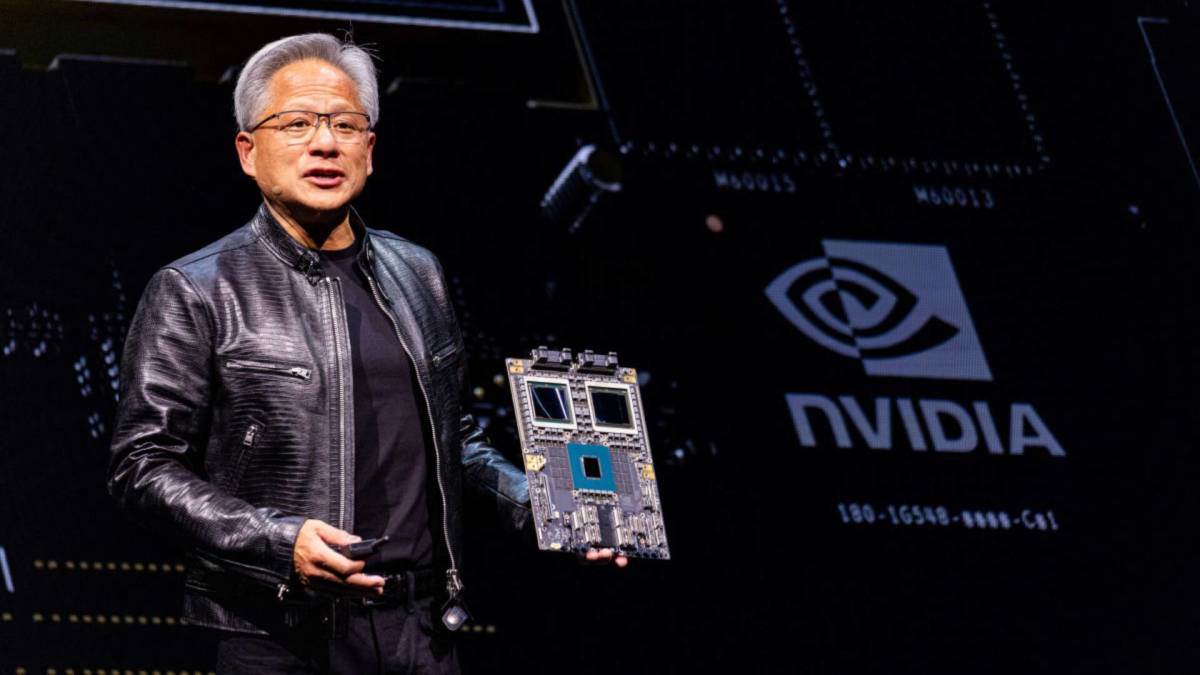In a sprawling recent CNBC interview, Nvidia CEO Jensen Huang laid out a bold vision—and warning—for the future of AI, data centers, and global tech competition. His comments touched on energy infrastructure, China’s tech advance, investment regrets, and Nvidia’s evolving role as more than just a chipmaker.
“You Need to Invest in Power Generation”
Huang was blunt: data centers won’t scale without fresh energy buildout.
“For every gigawatt [of compute], you need $50-$60 billion.”
He stressed that companies may need to generate their own power, rather than rely solely on strained public grids—a point echoed in recent remarks from Nvidia and other hyperscalers.
He also flagged the U.S. risk of falling behind: China is “way ahead on energy”, while the U.S. still dominates on chips—but the gap is closing.
“Not Far Ahead” of China in AI
Huang challenged the conventional narrative of American primacy in AI:
“We are overall not far ahead of China.”
He acknowledged the U.S. leads in chips and large-scale models, but said China has an edge in infrastructure, open source development, and rapid deployment with fewer regulatory constraints.
This stance diverges from recent statements by President Trump, who has claimed U.S. dominance in AI. Huang argued that a true AI race is won on multiple fronts—chips, power, software, deployment—not just bragging rights.
“My Favorite Investment Was CoreWeave; Regret Not Investing More in OpenAI & xAI”
Huang revealed he has quietly backed several AI infrastructure players:
- His favorite recent investment is CoreWeave (CRWV)—but he laments not going bigger.
- He confirmed Nvidia is already an investor in Elon Musk’s xAI, and said he regrets not funding it harder.
While critics have warned of “circular deals” (where Nvidia funds AI startups who then purchase Nvidia chips), Huang defended the strategy as market-driven, not gaming the system.
What This Means & What to Watch
Huang’s worldview puts energy at the heart of the AI arms race. He’s signaling that who wins in AI may be determined by who controls the wattage, not just the silicon.
The strategic insights he offered include:
- Energy = bottleneck: Data center scaling will depend as much on kilowatts as on compute.
- Dualistic competition with China: Nvidia’s lead is not unassailable.
- Investment positioning: Nvidia isn’t just selling chips—it’s shaping the entire infrastructure ecosystem.
Jensen Huang’s latest remarks paint a clear picture — the AI race isn’t just about chips anymore. It’s about power, partnerships, and positioning. As Nvidia cements its dominance, Huang is warning Wall Street: the next bottleneck won’t be GPUs, it’ll be gigawatts. And in that race, China’s energy lead may soon challenge America’s chip crown.










